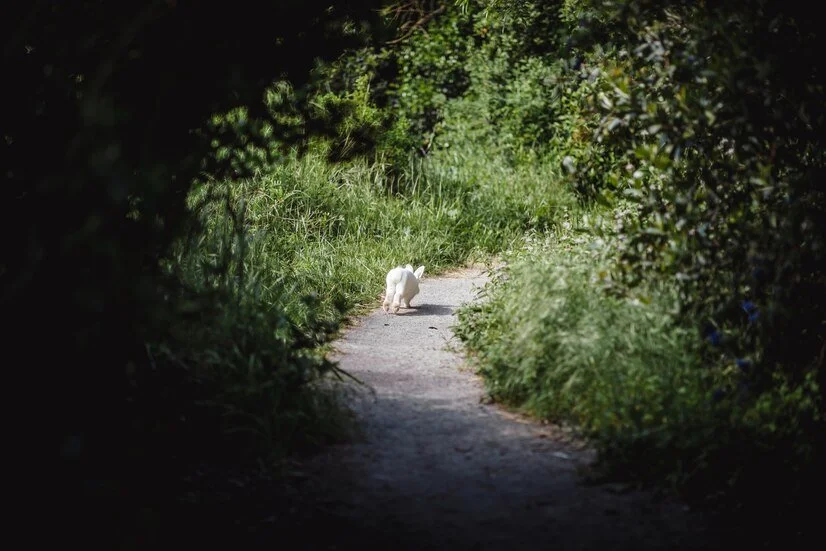Pathways to the Wild: Careers in Wildlife and Exploration
The allure of the wild, the thrill of discovery, and the passion for nature have drawn many to pursue careers in wildlife and exploration. These professions offer unique opportunities to work closely with the natural world, contributing to conservation efforts, scientific understanding, and public education. This article delves into the various career paths available in wildlife and exploration, the skills and education required, and the rewarding experiences that come with these roles.
1. Wildlife Biologist
Role and Responsibilities: Wildlife biologists study animals and their ecosystems. They conduct field research, collect data, and analyze the impact of human activities on wildlife populations. Their work often involves tracking animal movements, studying reproductive habits, and monitoring environmental changes.
Education and Skills: A bachelor’s degree in wildlife biology, ecology, or a related field is typically required, with many positions requiring a master’s or Ph.D. Essential skills include data analysis, field research techniques, and proficiency in using Geographic Information Systems (GIS).
Career Opportunities: Wildlife biologists can work for government agencies, non-profit organizations, and academic institutions. Some notable employers include the U.S. Fish and Wildlife Service, National Park Service, and World Wildlife Fund.
2. Conservation Scientist
Role and Responsibilities: Conservation scientists manage natural resources to ensure their sustainability. They develop and implement conservation plans, work on habitat restoration projects, and advise on policy and land use.
Education and Skills: A degree in environmental science, natural resource management, or a similar field is required. Strong analytical skills, project management experience, and knowledge of environmental laws and regulations are crucial.
Career Opportunities: These professionals find opportunities in government agencies, environmental consultancies, and conservation organizations. The Nature Conservancy and the Environmental Protection Agency are prominent employers in this field.
3. Ecotourism Guide
Role and Responsibilities: Ecotourism guides lead tourists through natural areas, providing educational insights and promoting conservation awareness. They are responsible for ensuring the safety and enjoyment of tourists while minimizing environmental impact.
Education and Skills: While formal education requirements vary, knowledge in ecology, biology, or environmental science is beneficial. Important skills include excellent communication, first aid certification, and familiarity with local wildlife and ecosystems.
Career Opportunities: Ecotourism guides can work for tour companies, national parks, and private reserves. Positions may be available globally, from the rainforests of Costa Rica to the savannas of Africa.
4. Wildlife Photographer
Role and Responsibilities: Wildlife photographers capture images of animals in their natural habitats. Their work often involves traveling to remote locations, waiting patiently for the perfect shot, and editing photos for publication.
Education and Skills: While formal education in photography or journalism can be helpful, a strong portfolio is essential. Skills in photography, editing software, and an understanding of animal behavior are crucial.
Career Opportunities: Wildlife photographers can work as freelancers, for magazines like National Geographic, or for conservation organizations. Their work is often used in scientific publications, documentaries, and educational materials.
5. Marine Biologist
Role and Responsibilities: Marine biologists study oceanic organisms and ecosystems. They conduct research on marine life, assess the health of ocean habitats, and work on conservation initiatives to protect marine species.
Education and Skills: A degree in marine biology, oceanography, or a related field is required, with advanced degrees often necessary for research positions. Diving certification, research skills, and knowledge of marine ecosystems are vital.
Career Opportunities: Marine biologists can find employment with research institutions, government agencies, and aquariums. Organizations like NOAA and the Marine Conservation Institute offer various opportunities in this field.
6. Field Researcher
Role and Responsibilities: Field researchers gather data on wildlife and ecosystems directly from the field. Their work supports conservation efforts, scientific studies, and policy recommendations.
Education and Skills: A background in biology, ecology, or environmental science is needed. Field researchers must have strong observational skills, physical stamina, and the ability to work in challenging conditions.
Career Opportunities: Field researchers often work for universities, research organizations, and government agencies. Opportunities exist worldwide, from the rainforests of the Amazon to the tundras of the Arctic.
7. Wildlife Veterinarian
Role and Responsibilities: Wildlife veterinarians provide medical care to wild animals, often working in rehabilitation centers, zoos, and in the field. They diagnose and treat illnesses, perform surgeries, and support conservation breeding programs.
Education and Skills: A Doctor of Veterinary Medicine (DVM) degree is required, with additional training in wildlife medicine. Strong diagnostic skills, surgical expertise, and knowledge of wildlife species are essential.
Career Opportunities: Wildlife veterinarians can work for zoos, wildlife rehabilitation centers, and conservation organizations. Positions may also be available with governmental and non-governmental wildlife agencies.
Conclusion
A career in wildlife and exploration is not only about earning a living but also about making a difference in the world. These roles require a deep commitment to conservation, a love for nature, and a willingness to work in diverse and sometimes challenging environments. For those passionate about the wild and dedicated to preserving it, these careers offer both personal fulfillment and professional growth. Whether you are guiding tourists through pristine landscapes, conducting critical research, or caring for injured wildlife, your work contributes to a greater understanding and protection of our planet's natural wonders.






